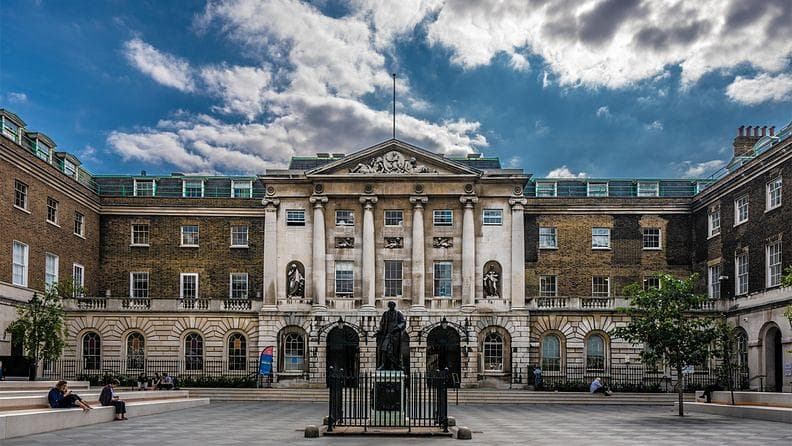Courses are divided into modules. Each year you will normally take modules totalling 120 credits.
This is a three-year degree course in which you will take a combination of required and optional modules to total 360 credits.
Year 1
Required modules
Courses are divided into modules. You will normally take modules totalling 360 credits.
Each year, you can choose up to 30 credits of optional modules from outside your programme. You can also choose to study up to 30 extra credits of language modules over the duration of your degree.
You are required to take:
• Introduction to Politics (30 credits)
• The Making of Modern Europe (30 credits)
Courses are divided into modules. Each year you will normally take modules totalling 120 credits.
This is a three-year degree course in which you will take a combination of required and optional modules to total 360 credits.
Year 2
Required modules
You are required to take:
• The Integration of the European Union (30 credits)
• Political Analysis (15 credits)
• Research Methods in Political Science (15 credits)
Courses are divided into modules. Each year you will normally take modules totalling 120 credits.
This is a three-year degree course in which you will take a combination of required and optional modules to total 360 credits.
Year 3
Optional modules
You are required to take 120 credits from a range of optional modules. 30 credits must focus on one or more European countries. Optional modules may typically include:
• Britain and European Integration (15 credits)
• European Political Economy (30 credits)
• Dissertation (30 credits)
• The Political Economy of Finance and Crisis (30 credits)
• Contemporary French Politics* (15 credits)
• Contemporary Spanish Politics: Institutions and Actors (15 credits)
• German Foreign Policy (15 credits)
• Public Policy in Europe (15 credits)
• Contemporary German Politics (15 credits)
• Immigration, Identity and the Securitization of Europe's Borders (15 credits)
• Lived Democracy (15 credits)
• States and Citizens in Political Anthropology (15 credits)
• Postcolonial Political Economy (15 credits)
• The City of London and Global Financial Centres (15 credits)
• Europe, America and the Transatlantic (15 credits)
• Clandestine Side of Globalisation: Organised Crime, Terrorism and Corruption (15 credits) [King's Russia Institute]
• Political Economy of Korean and East Asian Development (15 credits)
• Comparative Capitalism: Eastern and Western Models (15 credits)
• Rethinking Political Islam (15 credits) [Department of Political Economy]
• International Institutions & Global Governance (15 credits) [Department of Political Economy]
• Comparative Political Theory (15 credits) [Department of Political Economy]
• Politics and Justice in International Law (15 credits) [Department of Political Economy]
• Ethics, Economics, and Public Policy (15 credits) [Department of Political Economy]
• Authoritarianism (15 credits) [Department of Political Economy]
• Politics of International Trade (15 credits) [Department of Political Economy]
• Elections and Voting Behaviour (15 credits) [Department of Political Economy]
• International Trade(15 credits) [Department of Political Economy]
• Prime Ministers and Leadership Since Thatcher: Theory and Practice (15 credits) [Department of Political Economy]
• Political Economy of Inequality (15 credits) [Department of Political Economy]
• The International Politics of the UN (15 credits) [Department of Political Economy]
• Race and Racism in Political Theory (15 credits) [Department of Political Economy]
• European Gender Politics (15 Credits)
• Recent French Thought (15 credits) [Department of French]
• Corporate Social Responsibility (15 credits) [King's Business School]
• International HRM (15 credits) [King's Business School]
• Russia and the EU (15 credits) [King's Russia Institute]
• Journey Through Spain: Travel Writing in Modern Spain (15 credits) [Department of Spanish, Portuguese & Latin American Studies]
* Module which requires that students have at least an B in A-Level French or equivalent.
